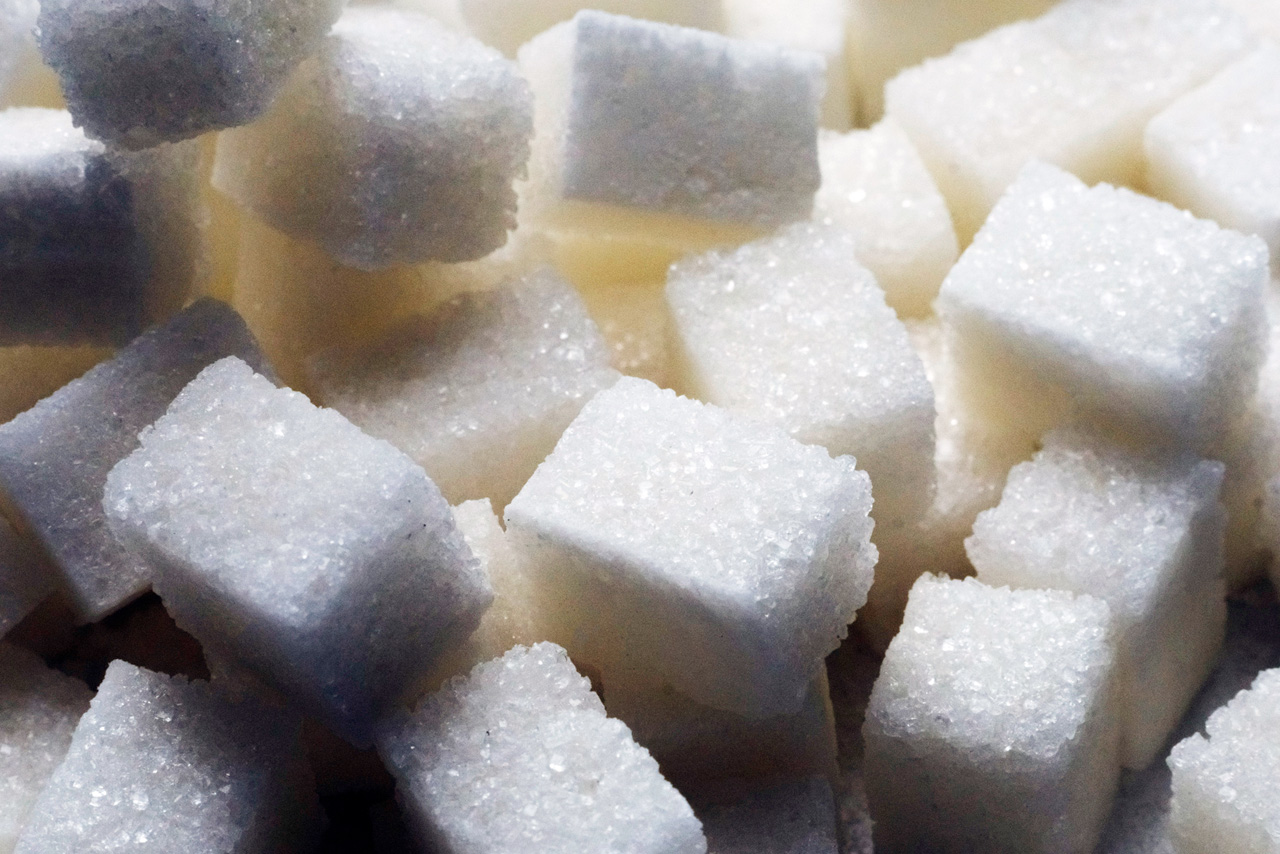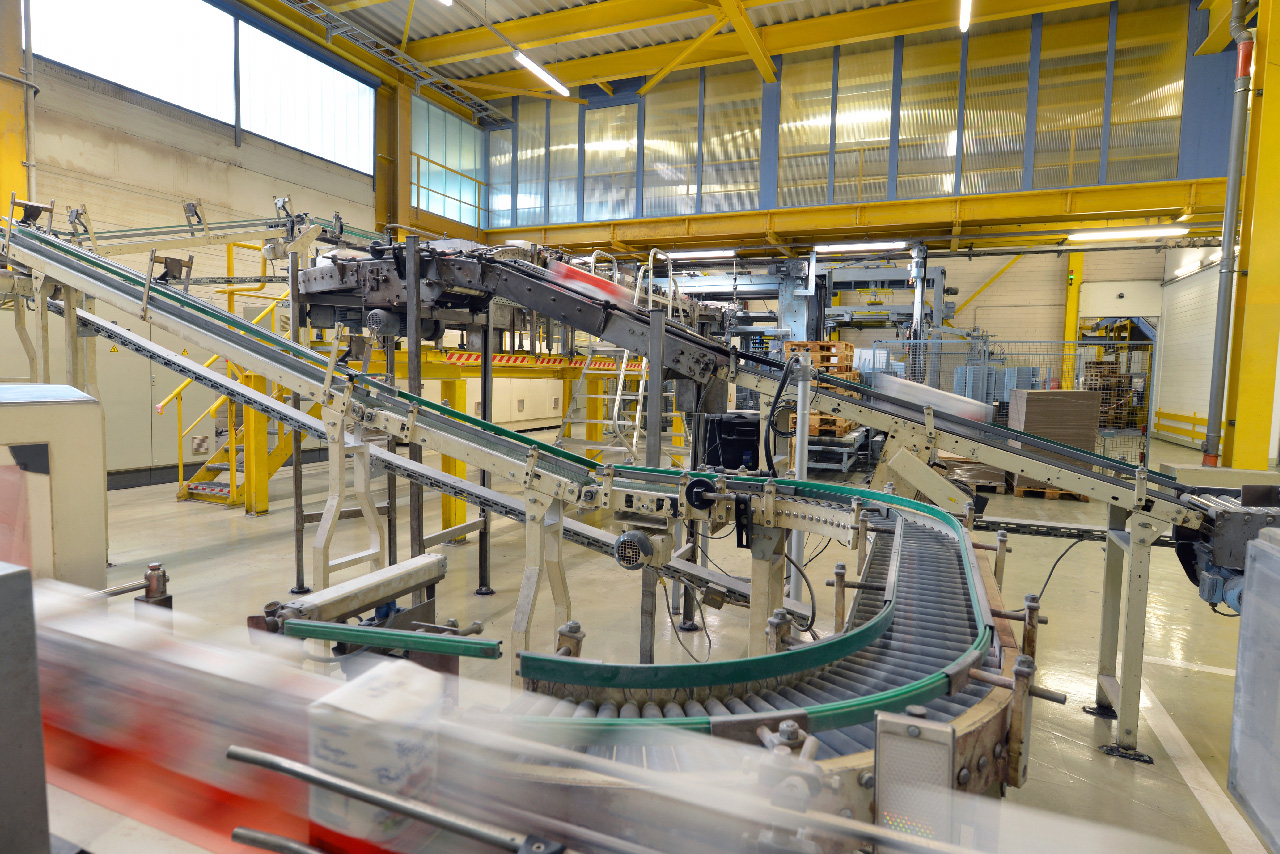Sugar, a ubiquitous ingredient in our daily lives, is not only a sweetener but also a vital commodity product. We sprinkle it on our morning cereal and use it in so many delicious recipes, this ingredient plays a vital role in our global economy. As per the International Sugar Organization, the world’s sugar production is contributed by these ten countries- Brazil, India, EU-27, China, USA, Thailand, Russia, Mexico, Pakistan, and Australia. However, the industries in these countries continue to face several challenges that have led to market disruption, price fluctuations, and more. Let us take a closer look to understand these challenges and their solutions.

From cane to crystal: Sugar production and supply chain challenges
Sugar, a ubiquitous ingredient in our daily lives, is not only a sweetener but also a vital commodity product. We sprinkle it on our morning cereal and use it in so many delicious recipes, this ingredient plays a vital role in our global economy. As per the International Sugar Organization, the world’s sugar production is contributed by these ten countries- Brazil, India, EU-27, China, USA, Thailand, Russia, Mexico, Pakistan, and Australia. However, the industries in these countries continue to face several challenges that have led to market disruption, price fluctuations, and more. Let us take a closer look to understand these challenges and their solutions.
- Supply chain complexity: From cultivation to distribution, the different stages of sugar production face various challenges related to handling, processing, harvesting, transportation, and more. Crushing, boiling, crystallization, centrifugation, drying, and packaging are all part of the complex process known as sugar processing. Demand and supply forces, pricing variables, government regulations, trading restrictions, and product specifications affect how sugar is distributed. Risks and uncertainties loom large over the sugar industry and its stakeholders because of these challenges. Improving efficiency, productivity, and profitability while ensuring sustainability hinges on sound supply chain management in the sugar industry.
- Currency fluctuations: Sugar, being a globally traded commodity, entails intricate financial operations encompassing several currencies. These transactions are susceptible to the impacts of exchange rate fluctuations, pricing competitiveness, and broader market dynamics for those involved in sugar trading. For instance, consider a US-based sugar trader who purchases sugar from a Brazilian supplier. The sugar price is denominated in Brazilian Real (BRL) but the trader operates in U.S. Dollars (USD). If the BRL/USD exchange rate were to suddenly change, it could directly impact the cost of purchasing sugar from Brazil in USD terms.
- Trade policies and tariffs: Global sugar trading is highly dependent on policies, laws, and customs charges set internationally. How trade agreements, protectionist measures, and government actions affect the supply chain will determine if they help or hinder the smooth flow of the sugar. If established, a tariff-reduced trade agreement between sugar producers in Country A and Country B could boost interchange, spurring competition and reducing sugar costs in Country B. Conversely, importing sugar at high tariffs can upset the international sugar market, resulting in supply shortages and increased consumer rates for Country B. Global exchange in the sugar market can be influenced by trade factors, which may lead to favorable or restrictive situations depending on their interaction.
- Quality concerns: Sugar quality is one of the chief components that needs to be carefully monitored. The quality of sugar can be generally separated into two classifications – raw and refined. Issues such as contamination with the presence of impurities or adulteration can lead to disastrous consequences such as product recall, brand tarnishing and financial loses. It becomes imperative that the entire supply chain from collecting raw sugar to selling it at a retailer is carefully monitored.
- Demand and supply: Sugar prices are largely shaped by supply and demand interactions. Factors such as weather conditions, agricultural practices, production cycles, and economic growth affect the supply side of the sugar industry. Prolonged droughts or unusual rains can have an impact on sugarcane and sugar beet production, leading to lower yields and higher prices. On the contrary, pleasant weather may enhance productivity, thereby lowering costs. In the sugar industry, production cycles move according to a fixed schedule. These factors, along with other disruptions, can cause fluctuations in supplies and prices.
- Price volatility: A wide range of factors affect how much sugar commodities cost. Let’s delve deeper into these influential factors:
- White Premium: White premium equals the price gap between raw and refined sugar. Diet-related trends lead to changes in white premiums caused by shifting global demands for refined sugar.
- Country Premium: The country of origin affects sugar price variations; this is referred to as the “country premium.” Depending on location, country-by-country sugar quality and production expenses vary. Political stability, along with infrastructure and trade deals, may influence the country’s premium.
- Weather-Related Risks: Conditions outside affect sugar farming. During extreme weather events like droughts, hurricanes, and floods, sugar production sees a decline that translates into shortages and increased costs. Weather derivatives offer traders protection from unpredictable weather situations.
- Geopolitical Events: These factors affect global sugar supply chains by creating instability and disruption. Trade restrictions put in place by a large sugar producer can cause scarcity and inflated prices. To counteract geopolitical risks, traders may turn to options contracts.
- Macroeconomic Conditions: These factors include inflation, currency exchange rates, and interest rates when it comes to sugars and their market dynamics. Consumer demands and price structures can change when imported sugar becomes costlier due to a depreciated local currency.
The solution: Eka’s cloud-based TRM solution
Eka cloud-based TRM solution is tailor-made to address modern challenges related to the sugar industry. Our proprietary solution is founded on a low-code and no-code approach to tackle challenges ranging from contract design, pricing, derivative management, quality assessment, and more. The solution also focuses on delivering adaptable solutions, advanced integration capabilities, and top-tier security specifically designed to meet the unique needs of the sugar sector.
Some of our strong features include:
- 50+ cloud-native applications to help reduce total cost of ownership.
- 65+ connectors ensuring seamless integration for overall configuration within weeks vs. months.
- Intuitive UI for contract creation and amendment, derivative management, settlement, washouts, and customized reporting.
- Integrated solution to manage end-to-end supply chain.
- Forecast traders analyse their position, mark-to-market, and monitor risks.
- Simplified and tailored experience accessed across devices – mobile, tablets, and desktop.
- Enterprise-level security with built-in capability for data encryption and data backup.
- Ability to drive extensive customization with 5x build speed.
Trust a solution that is simple, cloud-based, and effective for all your TRM needs. Know more by clicking on this link
Other resources

Global sugar: A complex market that requires a fit for purpose CTRM solution
In partnership with Commodity Technology Advisory, Eka presents our latest whitepaper on the global sugar market.

Global sugar leader gains a unified view of its trade and risk operations with Eka
Discover how a leading sugar trading company unified its supply chain operations across nine key centers globally to gain a true perspective of its trading and risk management and better support its future growth with Eka’s cloud platform.

In partnership with Commodity Technology Advisory, Eka presents our latest whitepaper on the global sugar market.

Discover how a leading sugar trading company unified its supply chain operations across nine key centers globally to gain a true perspective of its trading and risk management and better support its future growth with Eka’s cloud platform.